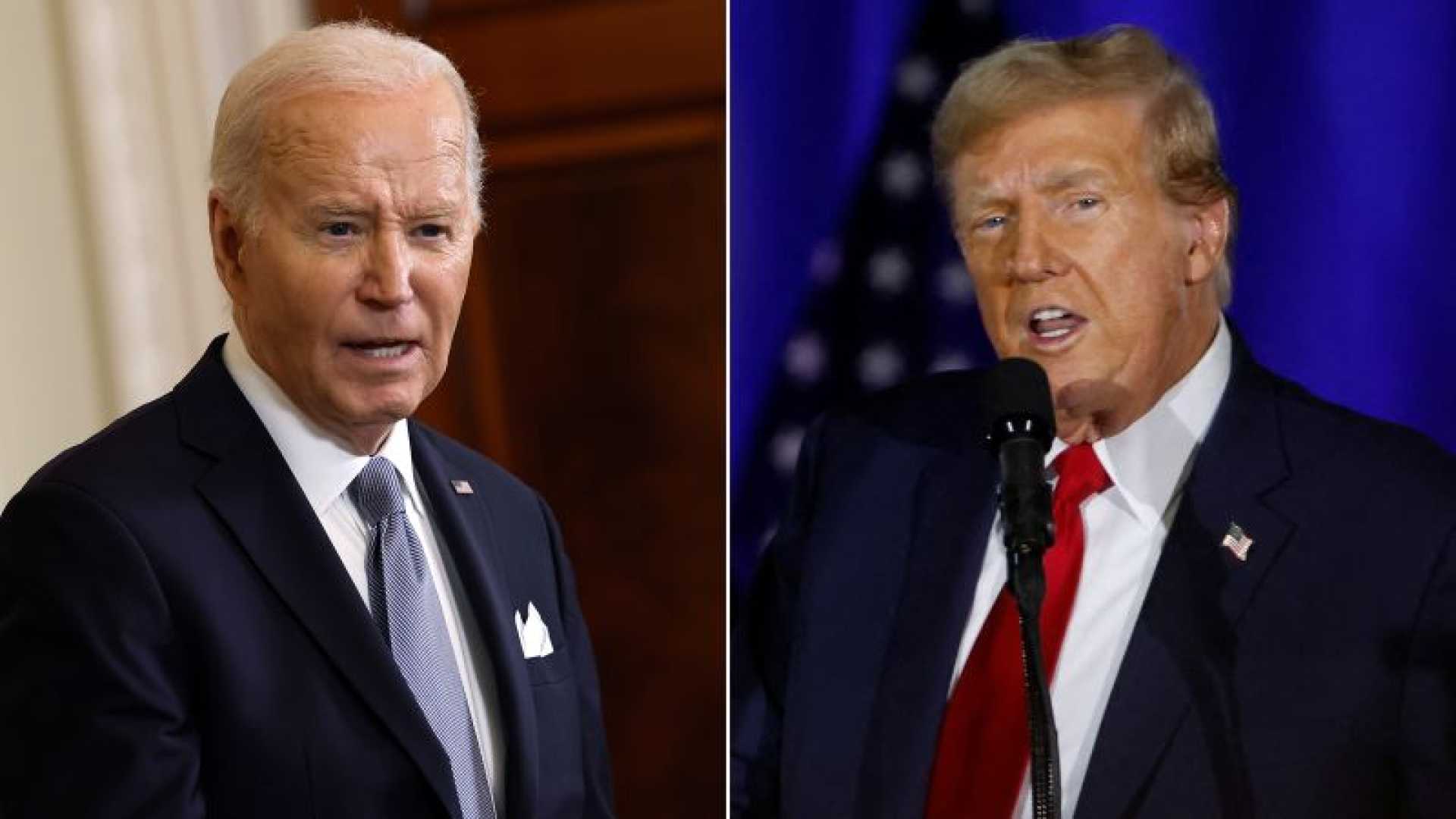Politics
Emanuel Criticizes Trump’s TikTok Reversal Amid Security Concerns

WASHINGTON — Former U.S. Ambassador to Japan Rahm Emanuel on Sunday criticized President-elect Donald Trump for reversing his stance on banning TikTok, calling the shift a “political maneuver” that undermines national security concerns.
Emanuel, who also served as White House Chief of Staff under President Barack Obama, voiced his concerns during a televised interview. He highlighted Trump’s previous calls to ban the Chinese-owned social media app over data privacy and security risks, contrasting it with the president-elect’s recent pledge to “save TikTok.”
“This is not just a flip-flop; it’s a dangerous precedent,” Emanuel said. “When national security is at stake, consistency and clarity are non-negotiable.”
TikTok, owned by Beijing-based ByteDance, has faced scrutiny from U.S. lawmakers and intelligence officials who argue the app could be used to collect sensitive user data on behalf of the Chinese government. In 2020, Trump initially sought to ban TikTok unless it was sold to a U.S. company, but his administration’s efforts were blocked by federal courts.
Trump’s recent comments, made during a campaign rally, signaled a dramatic shift. “We’re going to save TikTok,” he told supporters, without elaborating on how his administration would address the security concerns that previously prompted his push for a ban.
Emanuel questioned the timing of Trump’s reversal, suggesting it was influenced by political considerations. “This isn’t about policy; it’s about pandering,” he said. “The American people deserve leaders who prioritize their safety over political gain.”
The debate over TikTok has become a flashpoint in the broader discussion of U.S.-China relations and the regulation of technology platforms. Critics argue that TikTok’s algorithm and data collection practices pose unique risks, while supporters contend that banning the app would stifle free expression and innovation.
As the Biden administration continues to review TikTok’s operations, Emanuel urged policymakers to remain vigilant. “We cannot afford to let geopolitical tensions cloud our judgment,” he said. “The stakes are too high.”












